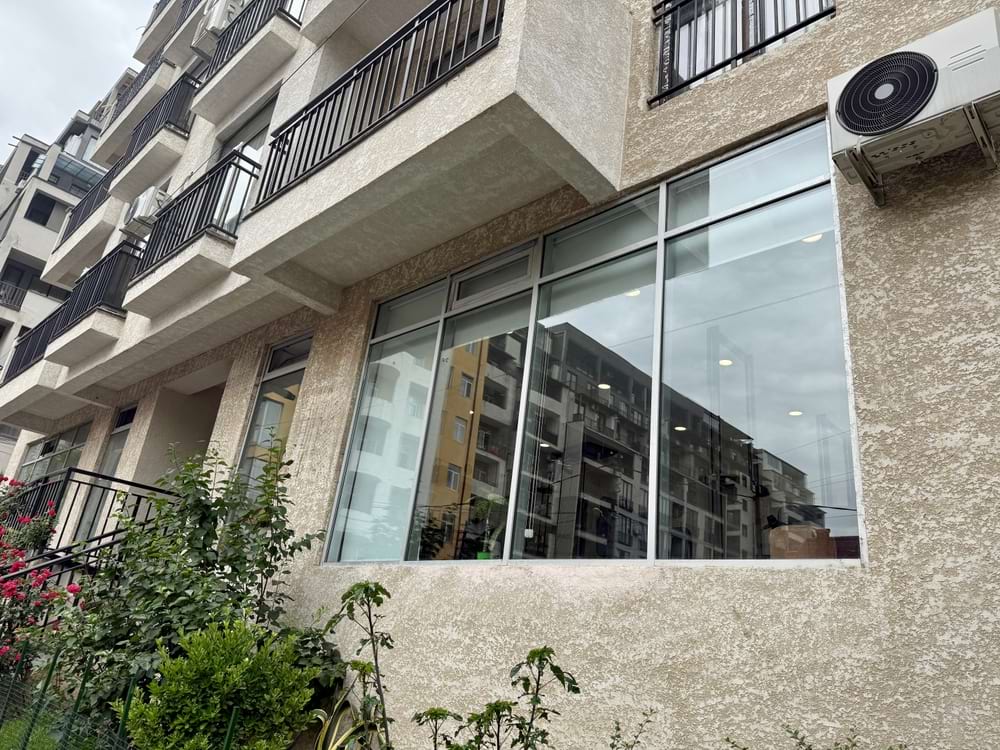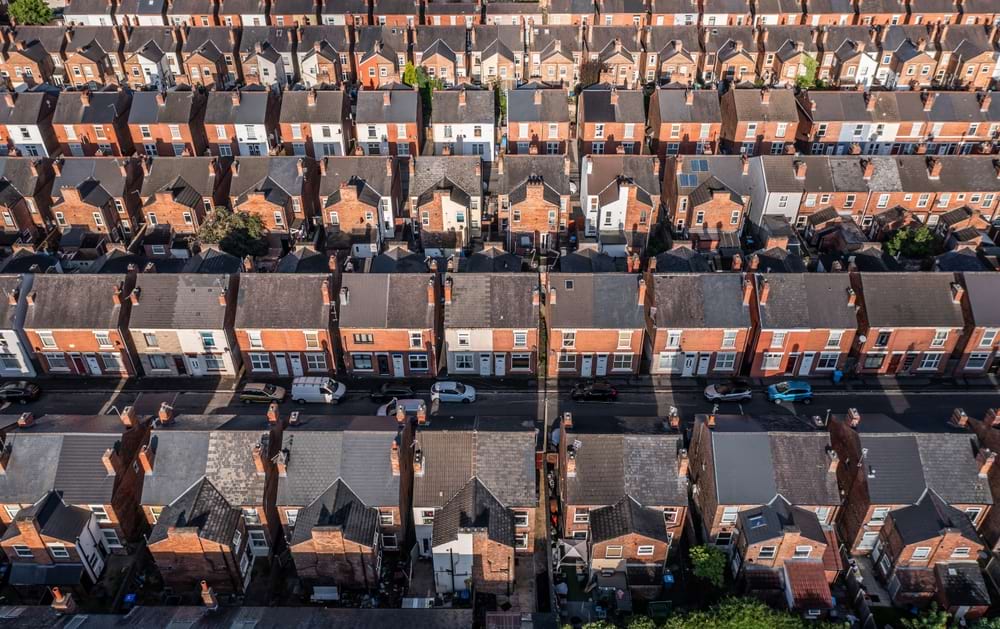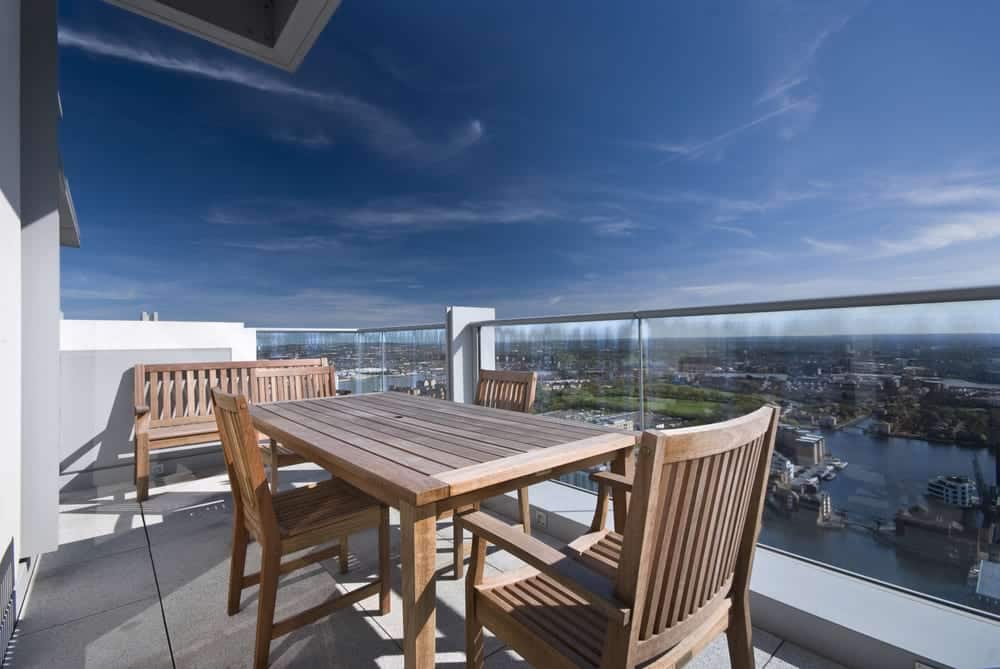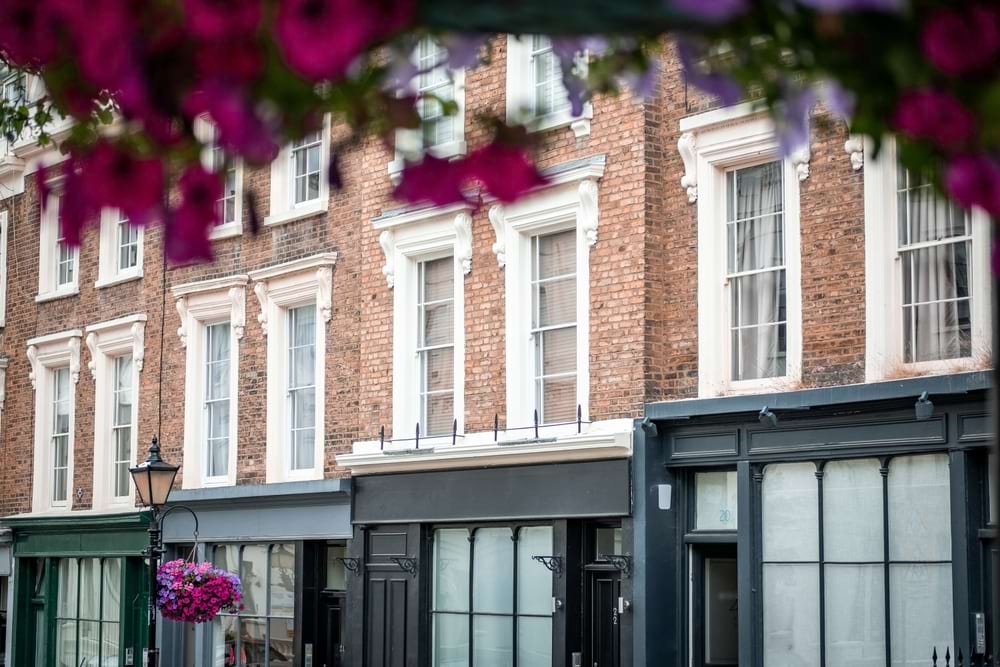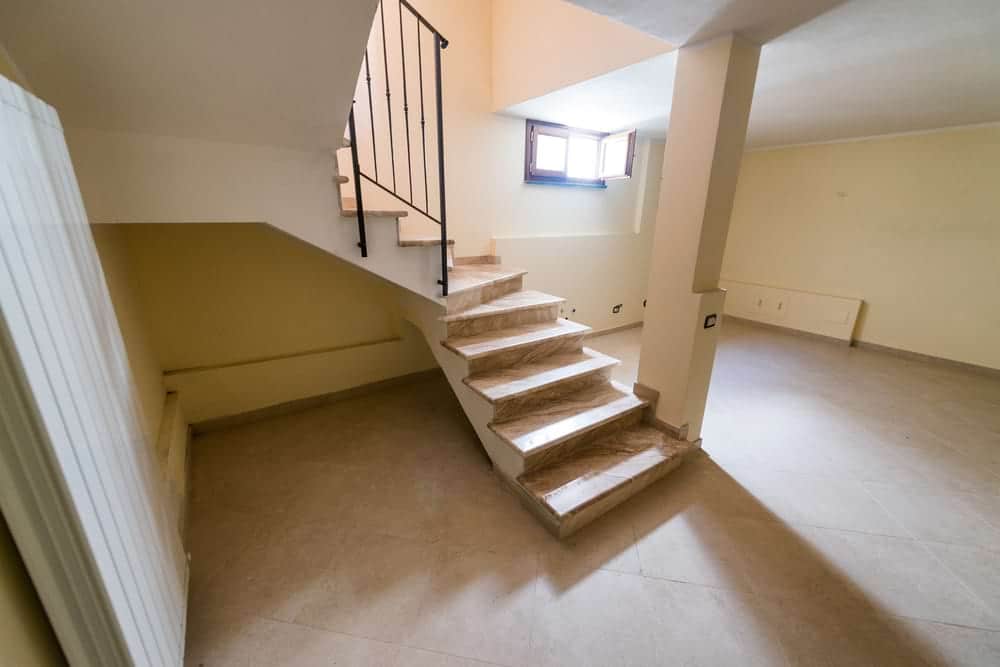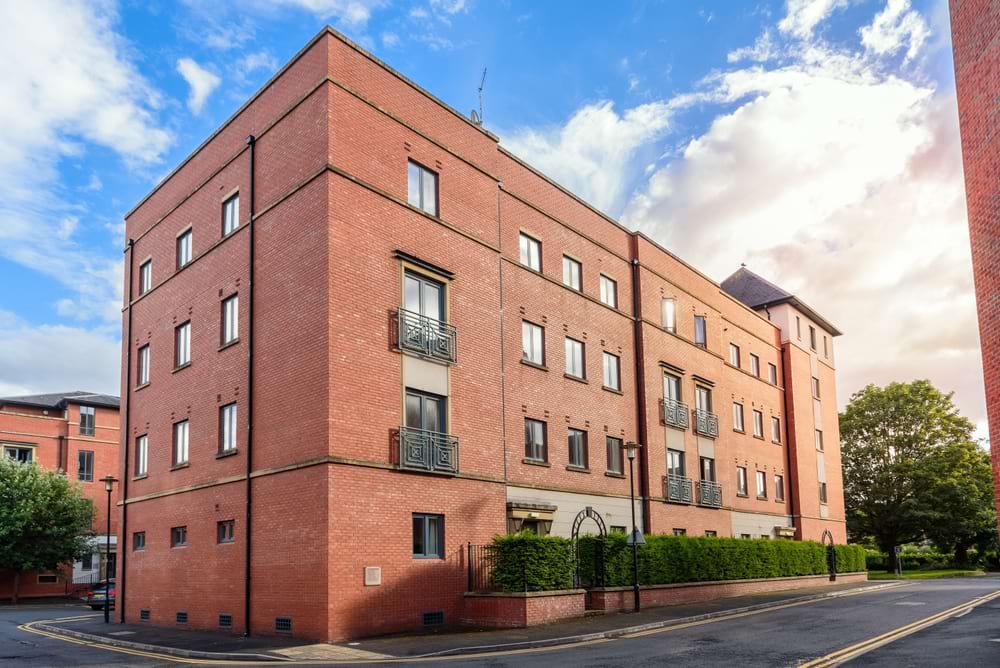Value is one of the most important considerations when buying or selling a property.
Many homeowners make changes to property to increase how much it’s worth before selling.
On the other hand, prospective buyers often enter the market when they think that property value will be low.
But what exactly decreases and increases property value? Is it only external factors, or are there things homeowners do which are detrimental, too?
Read on to learn more.
Factors that can increase or decrease property value
Internal factors
Property condition
Being in good condition adds value to a home.
This doesn’t mean that you can’t sell a property in bad condition.
In fact, sometimes the costs of improving a property’s condition can’t be recouped with a sale.
Property type
There are many different types of property in the UK, from studio flats to detached houses.
The relative difference in value between each type is consistent across most places.
Property ownership type
There are several models of property ownership.
The two most common are freehold and leasehold. Freeholds are more valuable than leaseholds.
Lease length
The time left on a leasehold property can affect its value.
The shorter the time left, the lower the property’s value will be.
Some mortgage lenders won’t even lend to home buyers on such a short lease.
Guide/asking price
Setting an accurate guide price for a property can make a big difference to it’s perceived value.
If you price it too high, it will likely sit on the market for a long time. This in turn might make potential buyers suspicious of its value.
Marketing
Marketing a property well is a crucial part of finding both enough potential buyers and the right ones.
Everything from the property’s photos to the language used in its listing can contribute to success in this area.
Staging
Staging a property refers to how it is set up before viewings. It includes:
- Tidying up
- Cleaning
- Arranging furniture.
And more.
Some homeowners even use professional staging companies to help with this, especially for luxury homes.
Staging a home well won’t likely increase the asking price. But it will make potential buyers more likely to meet it.
Negotiations
Negotiation impacts the final selling price of a property.
The impact it makes is measured by the difference between the asking and selling price.
External factors
Neighbours
Bad neighbours can negatively affect homeowners’ lives. They can do the same to property values, too.
Serious neighbour disputes must be declared when selling a home. They won’t necessarily prevent a property sale, but they may lead to a lower selling price.
Curb appeal
Curb appeal is how a property looks from the outside (i.e., street level). It includes neighbouring properties and public spaces (i.e., the street itself), too.
Flood risk
Floods can have had a disastrous effect on homeowners and residents.
The Association of British Insurers estimates average flood damage costs are between £20,000 to £40,000.
Local market conditions
Properties are part of local property markets. High demand and limited supply can drive prices up. And economic downturns or oversupply depress values.
The wider local economy can also influence these factors. If large local employers have opened or closed, property prices may respond accordingly.
New developments in your area
Existing or upcoming developments in your impact your property’s value.
These can range from positive developments. For example:
- In the early 2000s, a typical 3 bedroom flat in King’s Cross would have cost around £200,000. Six years later regeneration in the area has helped push that value up to around £600,000.
- In 2006, a three-bedroom property in Shepherd Bush was £575,000. Two years later, White City’s Westfield Shopping Centre opened. By 2015 the same property figure soared to £1,350,000.
Smaller developments, such as schools, also help.
Some developments are considered more negative. For example, if a new major road is set to appear, residents may experience noise pollution.
National market factors
Very few properties escape wider national property trends. Of course, they may be influenced by different degrees.
National property values in turn driven by:
- Economic growth (or lack thereof)
- Employment rates
- Interest rates.
Housing supply and government policies also play significant roles.
Most common ways to increase property value
1. Time
The general trend of the last 50 years is that property value increases over time.
Therefore, if someone purchases a house and lives in it for at least ten years, they have historically noticed an increase in the property’s value.
A common example of this is with new-build properties, many of which take at around 5 years to reach the value they were purchased for.
2. Maintenance and small repairs
Small changes, such as cleaning your property or repainting worn-down walls, can positively impact your house’s value.
These are also relatively inexpensive improvements to make. It would help if you watched for other minor fixes, such as:
- Limescale build-up in bathrooms
- Squeaky flooring
- Dirty carpets
- Broken lightbulbs
- Having a well-kept garden.
3. Extensions
Homeowners often invest in more expensive house changes to add value.
Many people also invest in an extension – particularly for their kitchen or conservatory room. It adds to the property’s value.
Before jumping into these changes immediately, you should speak to experts and ensure that the amount you spend on making these additions is not greater than the value it will add to your house.
4. Loft conversions
Another popular investment is a loft conversion. These tend to be less expensive than an extension but add value to your house because a new room is being added.
Furthermore, loft conversions often do not require planning permission because the room is already there.
Most common causes of property value decreasing
External economic factors
There are lots of external factors which may decrease a property’s value.
If the economy is in a recession, most people will have less money readily available. Bids on properties tend to go down during this period, as does the average selling price of UK property across the country.
Local market
Local changes may also drive down your house’s value.
For example, suppose a new railroad is being built at the back of your garden (adding lots of noise) or new streetlights have been added, creating light pollution through your bedroom windows.
In that case, these are factors which potential buyers will consider ‘damaging’.
Negative local issues
Other neighbourhood issues that may reduce your property value include:
- Rising crime levels
- Conflict with neighbours
- A history of flooding in the area/street
- Declining local economy (perhaps many local high street stored are closing down).
Some of these factors may seem insignificant. But they are all considerations for people valuing and buying houses.
Changes you have made
Sometimes, changes you make to your property can negatively impact its value.
Allowing the house to be worn down will reduce its value. For example:
- Dirt on the walls
- Paint peeling
- An unkempt garden.
Environmental issues
You can also experience a decrease in house value if you have a low energy efficiency rating.
Nowadays, some buyers care deeply about environmental issues like this (some even prefer a sustainable kitchen).
Untidiness
Likewise, if there is lots of clutter in your property, or you have ‘overpersonalised it’.
For example, bright pink paint has been used everywhere, which is not to the buyer’s taste – then this will decrease its value, too.
Generally speaking, lightening the property (with paint and other means) also helps improve a property’s appearance.
Neighbour disputes
Your property’s value will also decrease if you dispute it with your neighbours.
The new owners could be inheriting this dispute, whatever it may be. So they will consider your house less valuable.

